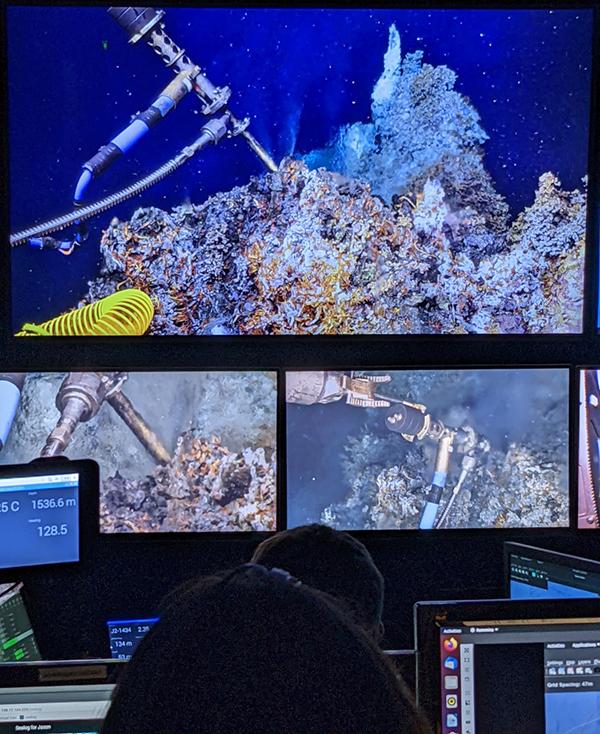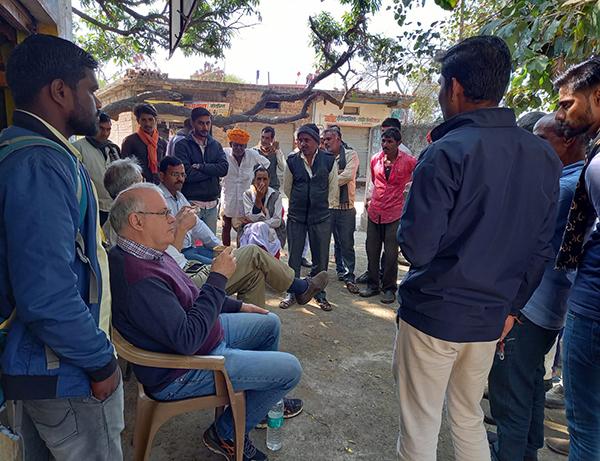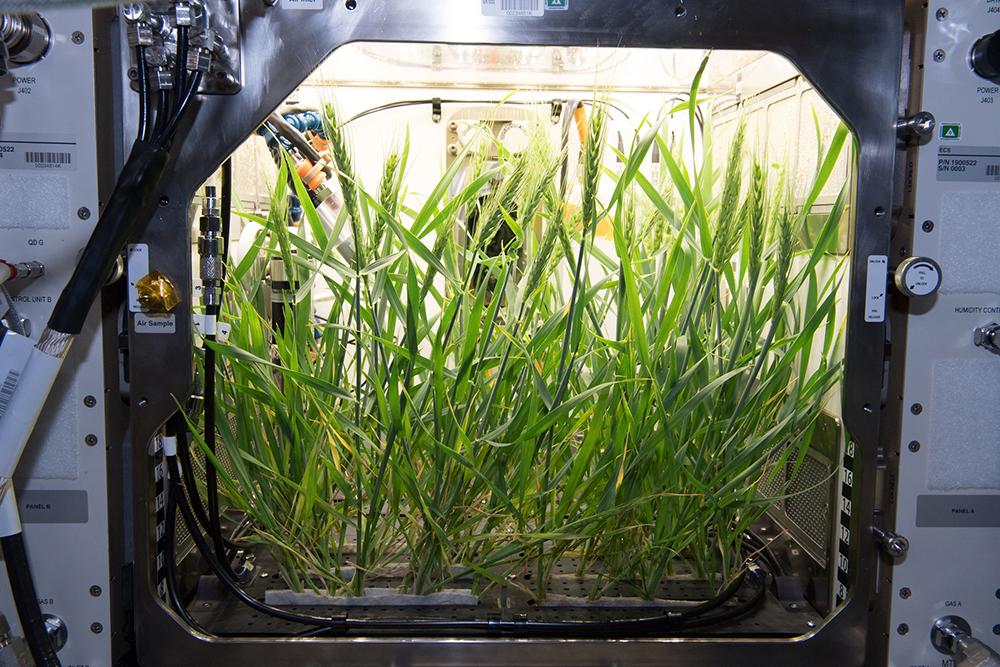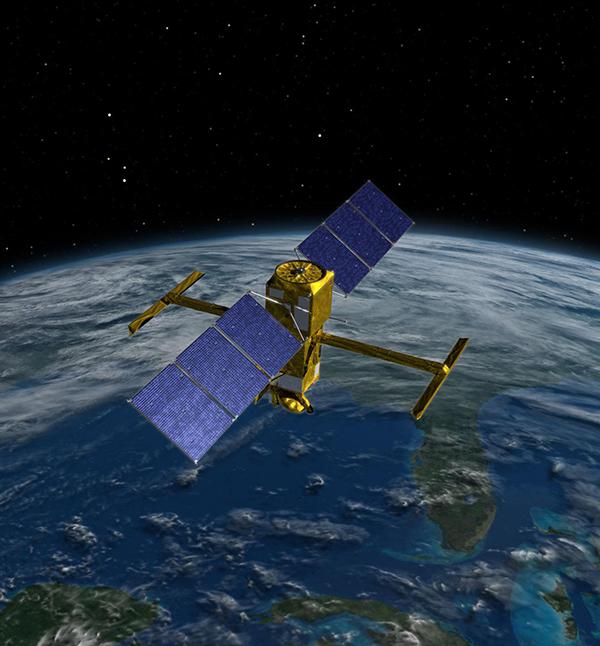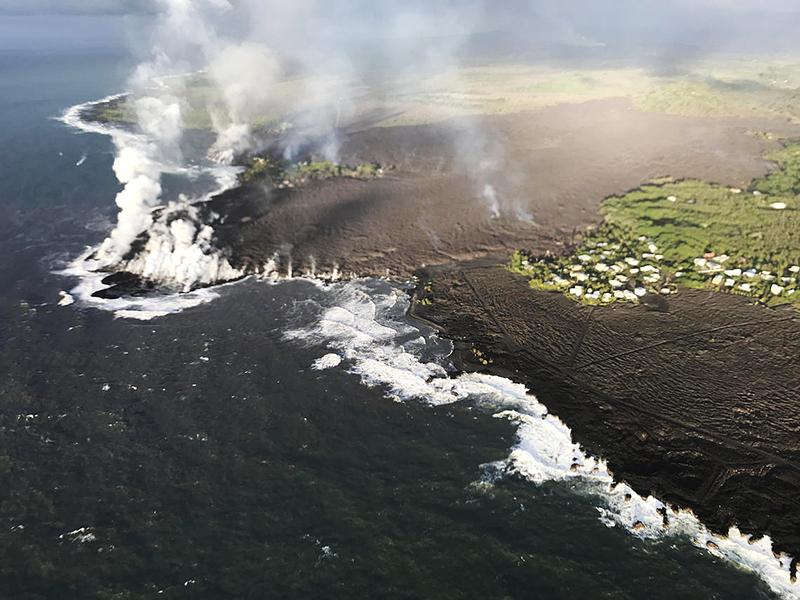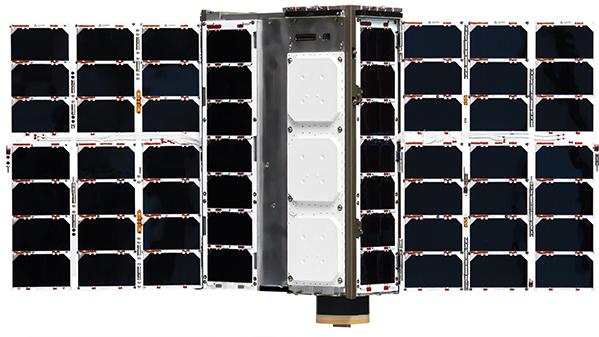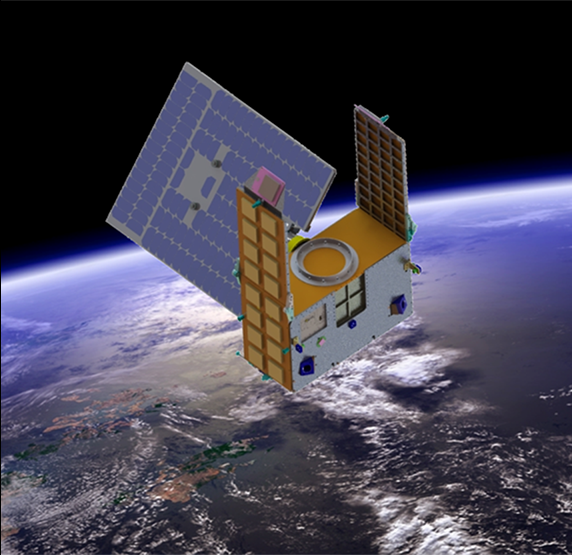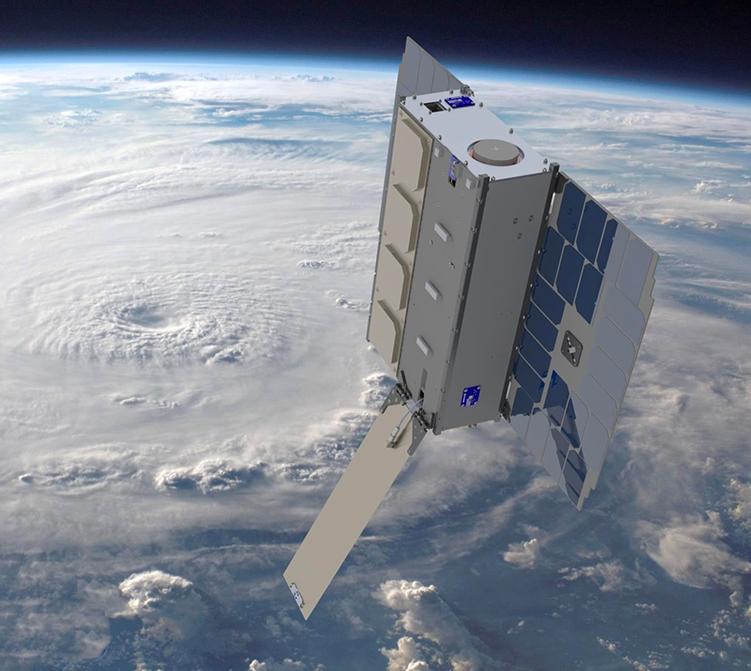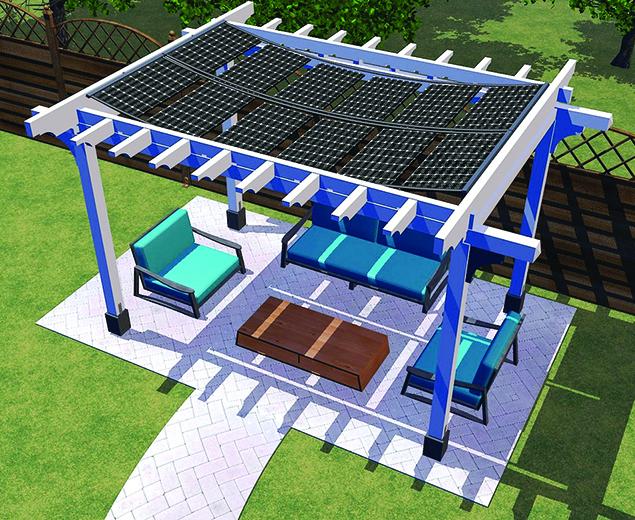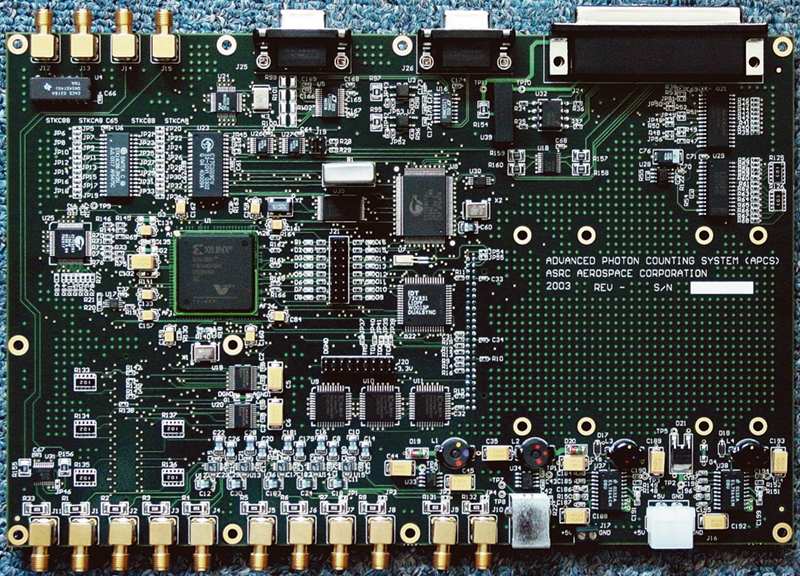
Multi-Channel Scaler Cards Improve Data Collection
Originating Technology/NASA Contribution
Scientists interested in exploring the intricacies and dynamics of Earth’s climate and ecosystems continually need smaller, lighter instrumentation that can be placed onboard various sensing platforms, such as Unmanned Aerial Vehicles (UAVs). Responding to a need for improved data collection for remote atmospheric measurement systems, ASRC Aerospace Corporation , of Greenbelt, Maryland, developed a series of low-power, highly integrated, multi-channel scaler (MCS) cards. The cards were designed to meet the needs of NASA’s ground-based and airborne Light Detection and Ranging (LIDAR) photon-counting programs. They can rapidly collect thousands of data points during a continuous scan of the atmosphere.
Partnership
Using Small Business Innovation Research (SBIR) funding from NASA’s Goddard Space Flight Center, ASRC Aerospace improved upon its Advanced Multi-channel Scaler-5 (AMCS-5) card, which was already utilized in several Goddard-led projects. The company’s two SBIR grants resulted in the AMCS-Universal Serial Bus (USB), AMCS-USB+, and Advanced Photon Counting System (APCS) cards. The adaptability, compact nature, and low power of these cards make them highly suitable for NASA’s many ground-based and airborne LIDAR photon-counting systems.
ASRC Aerospace’s 4-input AMCS-USB and 8-input AMCS-USB+ cards provide a multi-channel scaler capability with a USB 1.1 interface. As systems began to use these cards, ASRC Aerospace discovered that many LIDAR systems often require the MCS function along with an analog-to-digital converter for housekeeping, serial communication ports, hard drive storage, time-tagging, and quicklook data capability. As a result, the company designed the APCS card, which serves as a complete data “system” on a single card. The APCS card includes all of these functions, along with a fast USB 2.0 interface and 10 MCS detector input channels. The serial ports allow for real-time quicklook data monitoring and navigational data capture, while the generic interface allows for a small laptop hard drive or rugged solid-state drive to be connected directly to the card. In addition, the company designed the APCS card with a daughtercard interface to create a very versatile system capable of high resolution. The APCS card is suited to both remotely deployed systems, such as in the UAV platform, as well as to laptop-based systems, where data can be readily monitored and controlled.
ASRC Aerospace also created a Windows®-based, graphical user interface (GUI) for the MCS cards that streamlines user interaction with the product. The GUI allows the user to write and read the MCS parameters, start acquisition with real-time, back-to-back integration and collection cycles, and log data to a text file for later review.
Product Outcome
The MCS cards rapidly collect thousands of data points during a continuous scan, and can be used in pulse- counting, integrating, and histogramming applications. In an airborne LIDAR application, for example, a laser is fired down to Earth from a high-flying aircraft. As the optical laser output moves downward, some of the light is reflected due to aerosols, clouds, and other particles in the atmosphere. Photon-counting detectors tuned to specific wavelengths detect the reflected light and output electrical signals indicating the presence of the reflected photons. The MCS card receives these electrical signals. By using a synchronization signal input, the card is aware of when the data acquisition starts. It divides the time-of-flight of the laser into time “bins” and records the number of reflected photons received in each bin. Once the desired number of lasers is fired, the card transmits collected data to the host computer. During the data collection by the software, the card continues to count and accumulate photons in a double-buffered memory to prevent data loss.
The AMCS-USB, AMCS-USB+, and APCS cards can be used in a variety of applications. The cards are highly integrated, in that all storage memory and multi-channel scaler functions are contained within a single chip on the cards. They can be adapted in the field, which allows the user to tailor the processor to suit the individual needs of the project. Parameters such as time resolution per bin, number of bins, accumulation delay, number of accumulations, and pulse polarity are set by the user through software control. The MCS cards transmit data to a host computer at the end of a completed integration cycle for processing and storage. All data transfers, such as commands from the host and acquired data from the card, are made through the USB interface. The cards can be used in any personal computer-based system, laptop, or desktop that has a USB port. In addition, the APCS card can store all of the collected data directly to an attached hard drive without the need for a host computer. This data can be read back at a later time with the use of a computer via the USB 2.0 interface.
Since the cards allow for many of their parameters to be configured via software, these products are attractive to industry, university, and government customers. The cards have been sold worldwide for use in advanced, high repetition-rate LIDAR systems. They can be used in environmental monitoring data systems that study everything from clouds to aerosols to pollution. The military could adapt the MCS cards for its smoke and chemical plume detection systems. The cards could also be used in non-LIDAR applications such as those for nuclear waste detection monitoring. Currently, the following LIDAR programs at NASA Goddard are benefiting from the MCS cards: Cloud Physics LIDAR, Thickness From Off Beam Returns LIDAR, Goddard LIDAR Observatory for Winds, 24-Channel Doppler LIDAR, Advanced Micropulse LIDAR, the Holographic Airborne Rotating LIDAR Instrument Experiment, and the Carbon Dioxide Detection Testbed.
Windows® is a registered trademark of Microsoft Corporation.
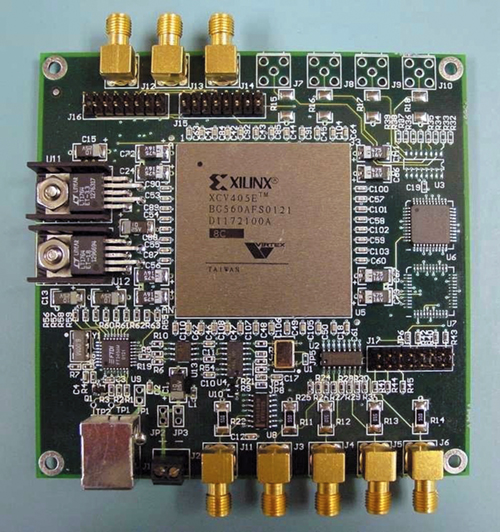
The AMCS-USB card can rapidly collect thousands of data points during a continuous scan of the atmosphere. Applications include environmental monitoring data systems that study everything from clouds to pollution.

The APCS card can store collected data directly to an attached hard drive without the need for a host computer.




